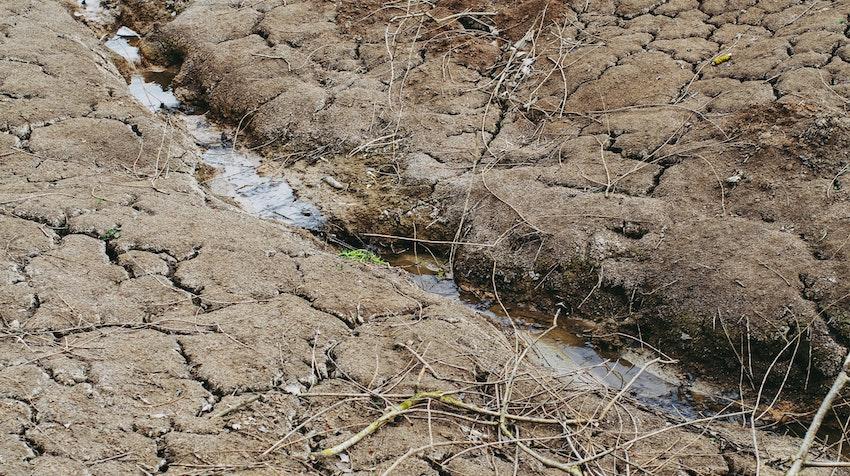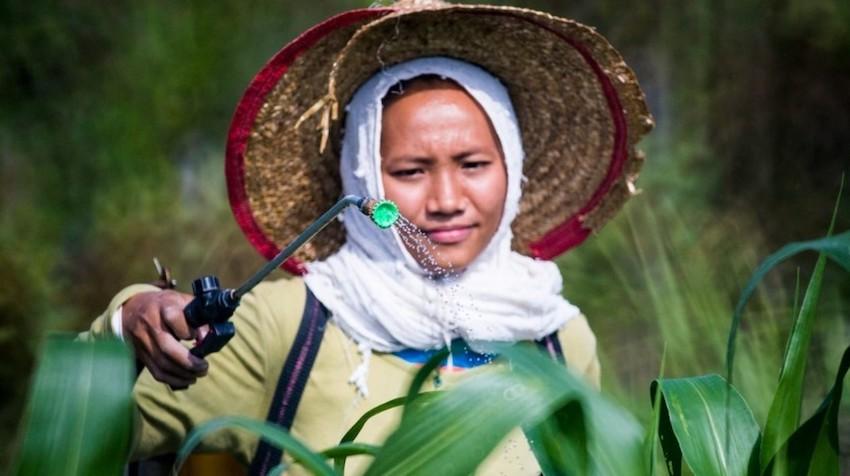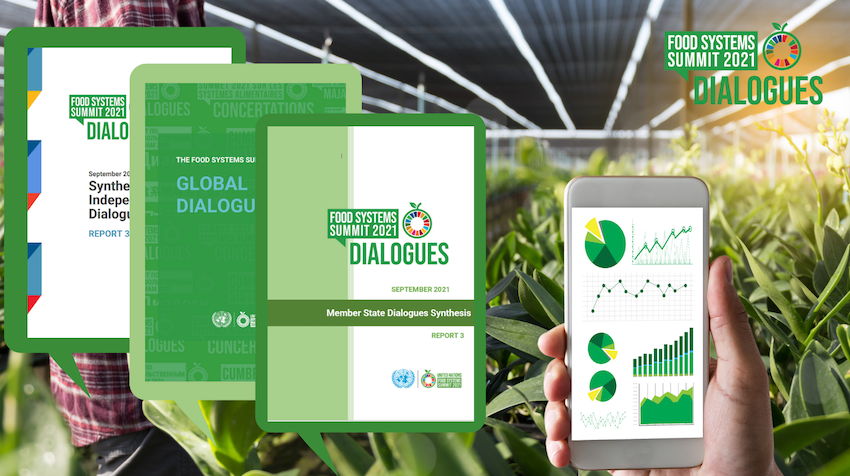Speaking in Glasgow, Dr. Agnes Kalibata warned that millions could suffer food insecurity if climate negotiations did not address links with food and agriculture.
November 10, 2021, GLASGOW, COP26 - The Special Envoy for the UN Food Systems Summit, Dr. Agnes Kalibata, has called for the UN Climate Change Conference to significantly ramp up attention to food and agriculture by ensuring COP27 in 2022 has a specific focus on food systems.
Speaking during this week’s COP26 Ministerial Dialogue on Adaptation, Dr. Kalibata said: “There is no path to a 1.5 degree target without putting food front and centre in our COP conversations. We must talk about food to address the climate crisis. We must ensure food systems are adapting to climate change and resilient enough to continue nourishing people and advancing prosperity and equitable livelihoods.
“The intersection between climate and food is profound – if we do not address food systems-driven climate emissions, we simply cannot make our 1.5 C target; and if we don't, food systems will suffer the most. So, for many of us, postponing this conversation is a luxury we cannot afford."
COP26 has featured several sessions on food-related issues, but they have been largely absent from Member State discussions and commitments. The Global Methane Pledge to reduce methane emissions, for example, creates the opportunity for food systems to be a climate solution by reducing emissions associated with agriculture.
While there is still an opportunity for progress in this regard, a COP27 focused on food systems would connect the dots for the world.
“Without urgent action on climate change, an additional 100 million people in Africa could be pulled into extreme poverty in the next eight seasons – that is more than 10 million people every year to 2030,” said Dr. Kalibata. “Timely attention to the food systems will yield real-life solutions to avert further damage to the environment.”
Citing experiences from her assignment as Special Envoy of the UN Secretary-General for the UN Food Systems Summit, Dr. Kalibata noted that elevating food systems to the central topic of COP27, hosted by Egypt, will present an opportunity to have some of the difficult conversations needed in the world’s food systems.
The contribution of food systems to climate change, and the impact of rising temperatures on food systems, was a common thread through the Summit, which took place in September, with experts compiling evidence and solutions under a dedicated “action track” for nature-positive production.
Research suggests transforming food systems could release back the $12 trillion the world spends on the hidden cost of food. Redirecting some of these funds could prevent further damage to the environment and to the health of people, and it could instead help rally more pledges for adaptation financing as called for by Member States and leaders during the ongoing COP in Glasgow.
In her remarks, Dr. Kalibata urged wealthy countries to ramp up their support of lower- and middle-income economies in building and funding adaptation strategies.
“Less than 2% of adaptation financing reaches vulnerable African farmers and SMEs in food systems living the brunt of a changing climate," she said.
Paradoxically, seven out of 10 people in sub-Saharan Africa work in the food system, for whom financing adaptation and mitigating future climate impact is of utmost urgency.
This call was in line with earlier calls as the meeting started, “At least half of climate financing should be targeted to adaptation" said the UN Deputy Secretary-General, H.E. Amina Mohammed in her keynote address.
As part of the 2015 Paris Agreement, world leaders committed to jointly raise $100 billion annually by 2020 to support developing countries in adapting to climate change.
The pledge is yet to be achieved, with the highest amount raised being US$79.6 billion in 2019, but with projections showing that the target could be achieved in three years with more commitment from key stakeholders. An African-hosted COP focused on food in 2022 is the spotlight needed for the public and businesses alike and of course for the negotiators.
-ENDS-
Notes to editors
For more information, contact FSScommunications@un.org
About the Special Envoy
Dr. Agnes Kalibata was appointed the UN Secretary-General’s Special Envoy for the 2021 Food Systems Summit in December, 2019. In this capacity, Dr. Kalibata works with the United Nations system and key partners to provide leadership, guidance, and strategic direction related to the 2021 Food Systems Summit and to accelerate action in food systems to achieve the 2030 Agenda for Sustainable Development.
Since 2014, Dr. Kalibata has also served as President of the Alliance for a Green Revolution in Africa (AGRA), where she leads the organisation’s efforts with partners to ensure a food secure and prosperous Africa through rapid, sustainable agricultural growth, improving the productivity and livelihoods of millions of smallholder farmers in Africa. She has also held several other leadership positions, and she has a distinguished track record in Africa and globally as an agricultural scientist, policy maker and thought leader. Dr. Kalibata holds a doctorate in Entomology from the University of Massachusetts, Amherst.
About the 2021 UN Food Systems Summit
The UN Food Systems Summit was announced by the UN Secretary-General, Antonio Guterres, on World Food Day last October as a part of the Decade of Action for delivery on the SDGs by 2030. The aim of the Summit is to deliver progress on all 17 of the SDGs through a food systems approach, leveraging the interconnectedness of food systems to global challenges such as hunger, climate change, poverty and inequality. More information about the 2021 UN Food Systems Summit and list of Advisory Committee and Scientific Group members can be found online: https://www.un.org/foodsystemssummit




